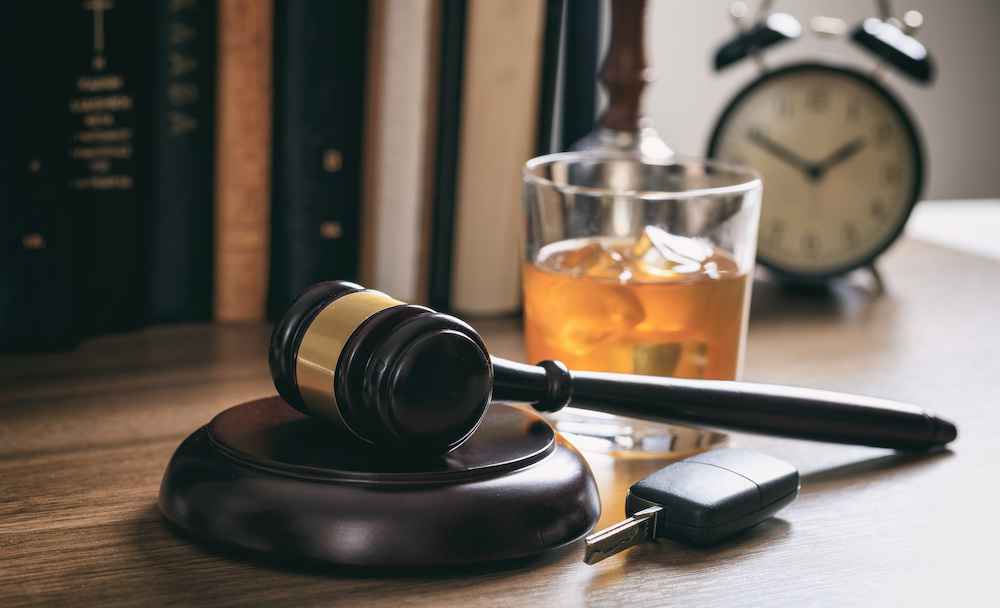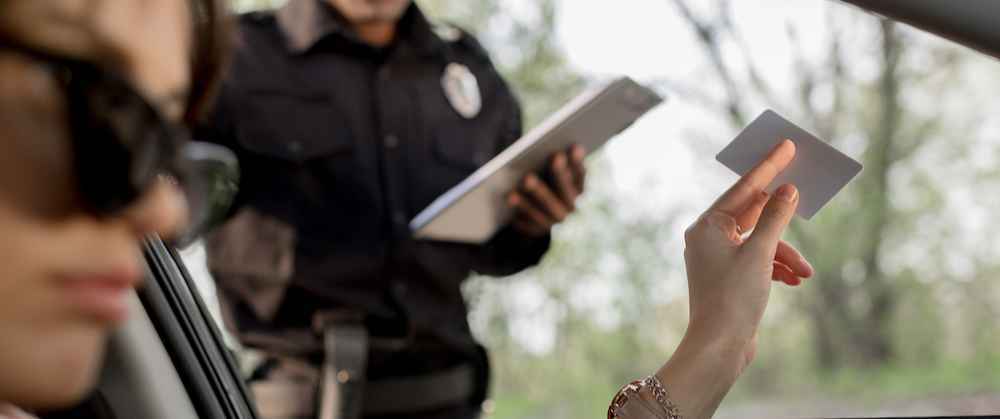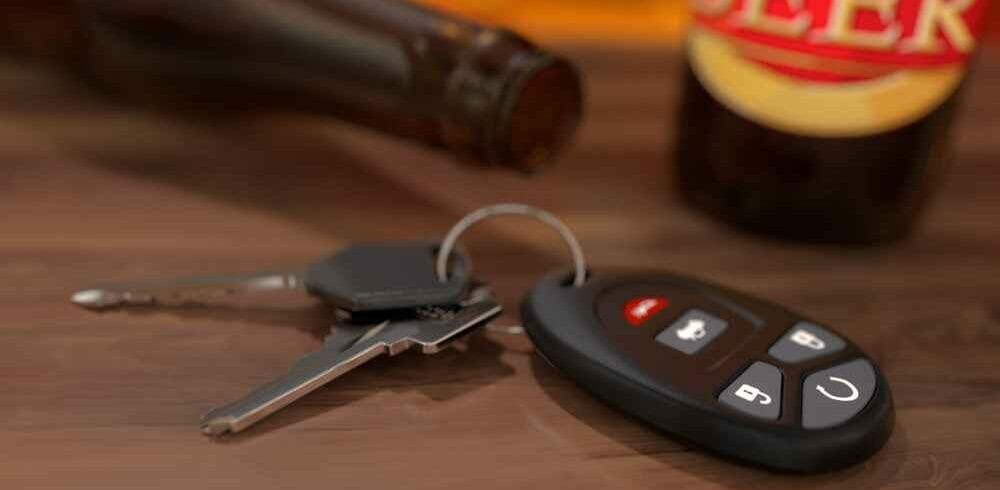Bicycle DWI in Texas: A DWI on a Bike?

A bicycle DWI sounds strange, right? You have a fun night with your friends and feel that a bike is a safer way to get home after a few drinks. However, do you face a potential DWI in Houston when you ride your bike?
According to the state, Texas law says no. The only exception to this rule, is if the bicycle is motorized. Unfortunately, some aggressive prosecutors try to prosecute those who make a smarter decision. When it comes to drunk driving or riding a bike, the choice is clear.
However, even when you don’t face DWI charges, there’s the potential for other criminal charges. From disorderly conduct to public intoxication, it’s important to protect your future. If you face charges for an alcohol-related crime on a bike, call a Houston DWI lawyer for assistance.
Bicycle DWI in Texas
In Texas, there’s no specific statute that outlaws bike riding while intoxicated. However, there are prosecutors in the state who point to the general DWI statute of Texas. They argue that it covers bikes as well.
Ultimately, it depends on how the court interprets the language of the statute.
DWI Laws in Texas
Per the Texas Penal Code, an individual commits “driving while intoxicated” when they operate a vehicle in a public place while intoxicated. However, it’s important to define several words in that definition. Specifically, it requires an examination of both “intoxication” and “operating a motor vehicle.”
Defining “Intoxication”
Under the Penal Code of Texas, there is a clear definition of intoxication.
- The person does not possess the normal use of mental or physical faculties due to the introduction of alcohol.
- They have an alcohol concentration of 0.08 or higher.
Defining “Motor Vehicle”
Per Section 32.34(a) of the Penal Code, a motor vehicle is the following.
- It is a device, in, on, or by which a person is transported or drawn on a highway. This definition excludes a device that uses stationary rails or tracks.
As you can see, the language is quite vague. While the name “motor vehicle” suggests an engine or motor, the definition does not match this logic. Although there is a clear exception for trains, it’s hard to say whether it includes the potential of a bicycle DWI.
With this ambiguity, prosecutors have the option to charge people on a bike with a DWI. However, with an experienced Houston DWI defense attorney on your side, you have an advocate to protect your rights.
In other states, they work to settle these ambiguities. For instance, the statute in Louisiane is also vague. However, the state’s Supreme Court ruled that the statute does not cover bikes in 2000.
On the other hand, some states clearly prohibit riding a bike while drunk. For example, the DWI statute in Mississippi specifically targets “vehicles,” not “motor vehicles.”
Can You Get a Bicycle DWI in Texas?
With a plain reading of the statute in Texas, there’s no real reason to consider a bicycle a motor vehicle. However, the ambiguous language of the statute allows aggressive prosecutors to charge people with a bicycle DWI.
Moreover, when you avoid a DWI conviction on a bike, there’s still the potential for other legal charges. This is especially true when you cause an accident with your bike the harms a person or their property.
Public Intoxication in Houston
When you avoid a bicycle DWI, there’s still the potential of an arrest for public intoxication. Under the Texas Penal Code, the state defines public intoxication as follows.
- Intoxication in a public place to a degree that the person might endanger themselves or another
Unfortunately, this charge is not a stretch when you ride your bike while intoxicated. This is because there’s the clear potential to endanger or harm yourself or another. This does not necessarily require that the prosecutor prove you were a clear threat to yourself or another. Instead, they simply have to show the potential.
In Texas, public intoxication is a misdemeanor. With it comes a maximum fine of $500. Relatively speaking, this is minor in comparison to a “bicycle DWI.” However, it’s important to remember that you also face the consequences of a criminal conviction. For instance, having a record makes it more difficult for some to secure housing or employment.
Additionally, it potentially raises your insurance premiums. When you face any alcohol-related charges in Houston, TX, call on a local DWI lawyer to act as your advocate. With the right representation, you have someone to keep your reputation and record clear.
Civil Liability & Bicycle DWI
When you avoid criminal charges, you might not be totally off the hook for damage. Even without a bicycle DWI, if you damage someone’s property or cause harm to them, they might file a civil lawsuit.
Moreover, this does not require intoxication. Instead, you are only more likely to face legal charges when you are drunk and cause the damage. Drunk cycling gives some riders a false sense of safety, especially in comparison to the havoc caused by drunk drivers. However, cyclists still have the potential to cause damage.
When it comes to drunken cycling, the risks are clear. You face diminished awareness and reaction times. Moreover, intoxicated riders simply forget some of the most essential safety precautions. These range from light clothing and signaling for turns to wearing reflectors during a night ride.
Risks in a Bicycle DWI
Regardless of the legal risk, you pose a danger to yourself when you ride a bicycle after drinking. Cycling is inherently dangerous. Moreover, the heightened risk of head injury has great potential to severely alter your life.
Other injuries people sustain in a bicycle injury include the following.
- Arm and leg fractures
- Cuts and bruises
- Strains
- Sprains
- Broken jaws
- Cracked teeth
- Head and neck injuries
- Concussions
When you add alcohol to the mix, you only increase your risk of injury. Alcohol slows your reaction time, which makes it much more difficult for you to react. Whether there are hazards on the road or a vehicle in the area, you have a harder time reacting to new stimuli.
Moreover, it impacts your ability to make decisions. This causes you to take risks that you might otherwise avoid. Lastly, it affects your attention, which causes you to not notice threats until it’s too late.
Bicycle DWI & Legal Representation
Do you face a DWI conviction in Houston? If so, a Houston DWI lawyer like Herman Martinez is ready to protect your future. Herman Martinez understands the stress and concern that comes with a DWI arrest. That’s why he dedicates himself to being your advocate throughout the legal process.
When you want to understand your legal options and build a strong defense, you need an advocate with experience and expertise. With extensive courtroom experience, Martinez fights for the best possible outcome in your case.
Schedule a free consultation today to learn more about your options.










